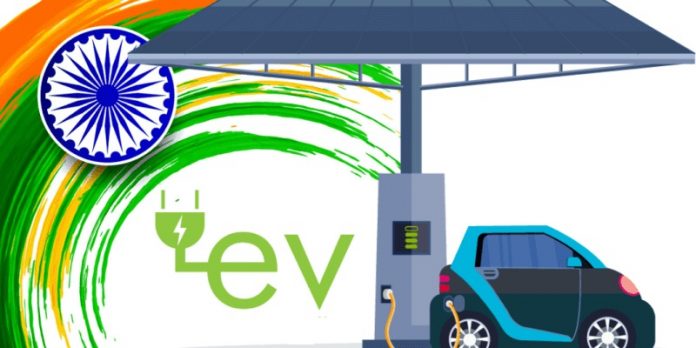China is by far the most advanced country in Asia with regards to the production of electric cars. Globally, with the exception of Tesla, many industry observers say that it is also ahead of the US. That they are ahead of the rest of the world today is due to subsidies and supportive government policies which started more than 10 years ago. This has resulted in a host of EV start-ups. Many have failed but those that have succeeded are among the top EV car manufacturers in the world today.
The year is 2023. A Singapore resident decides to buy a car. Not just any car but the latest electric vehicle (EV) produced by the new gleaming high-tech Hyundai factory in Jurong, an industrial town in Western Singapore. She whips up her smartphone and personalises her new car.
She surmises that cream colour seats, a shocking pink exterior coat plus the performance model which can go from 0 to 100 km/h in 3 seconds would be nice and proceeds to make payment using her bitcoin account. The next day, she heads out to Jurong to watch the factory put the final touches on her brand-new ride and proudly drives her car to show off to her friends at Marina Bay Sands.
Interestingly, it is facing an unlikely competitor in Singapore which has not made an automobile since 1980. Singapore announced last October that Hyundai will be investing USD300 million in a futuristic and highly automated electric car factory in Singapore. It is by no means the first company the Singapore Economic Development Board (EDB) has courted to make cars on the island state.
The factory will use breakthrough technology. Customers will be able to purchase and customise their vehicles on their phones and once an order is made, production will begin. Customers can watch their cars assembled at the centre and receive their cars relatively quickly. As a comparison, Tesla which just started selling its cars directly in Singapore has a delivery lead time of 3-4 months.
China is by far the most advanced country in Asia with regards to the production of electric cars. Globally, with the exception of Tesla, many industry observers say that it is also ahead of the US. That they are ahead of the rest of the world today is due to subsidies and supportive government policies which started more than 10 years ago. This has resulted in a host of EV start-ups. Many have failed but those that have succeeded are among the top EV car manufacturers in the world today.
Statista predicts that by 2022, China will be producing almost 10.2 million EVs (cars) a year which is way ahead of its competitors in Asia. Japan is expected to produce 1.7 million and South Korea 881,000.
Other leading Chinese electric automobile brands include Li Auto, Nio and Xpeng. According to the China Passenger Car Association, US auto giant General Motors’ joint venture with Wuling Motors and SAIC Motor produced the second bestselling EV car in China, the Hongguang Mini in 2020. It achieved this in just six months and is poised to overtake the best-selling Tesla Model 3 which shipped 137,000 units last year.
Tesla’s Gigafactory in Shanghai can currently produce around 250,000 cars and there are rumours that it is planning to ramp that up to 550,000 by the end of 2021. Tesla cars made in the Shanghai plant are exported to the region as well as Europe.
Japan, the third-largest automaking country in the world, on the other hand, has taken a more conservative approach and is focusing on petrol-electric hybrid cars. They are betting that EV cars which have a global market share of just 3 per cent at the moment, will not be attractive to most consumers for a few years because of higher costs, range constraints and limited charging points. Last year, Japanese cars contributed to less than 5 per cent of EVs sold worldwide and its share is mostly attributable to Nissan’s Leaf which accounted for 65 per cent of all Japanese electric cars sold.
The plan which takes a more focused approach than other earlier piecemeal efforts targets larger firms that have scale, competitive and management capabilities that can help them succeed. USD8 billion of incentives will be offered to carmakers and suppliers to drive investments in the sector which is expected to create 5.8 million new jobs and yield more than USD4 billion in tax revenues over five years.








